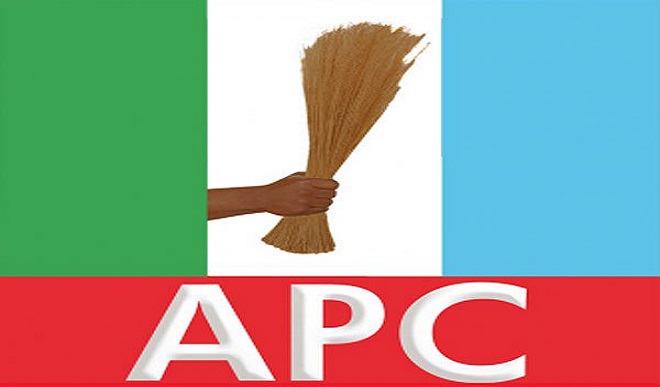APC chairmanship: Giving legacy parties sense of belonging
As the race for the National Chairmanship of the All Progressives Congress (APC) is about to begin, the need for equity and fairness to guide the process is topmost in the consideration of stakeholders. The APC came about as a result of a merger of three major opposition political parties and the infusion of the […]

As the race for the National Chairmanship of the All Progressives Congress (APC) is about to begin, the need for equity and fairness to guide the process is topmost in the consideration of stakeholders.
The APC came about as a result of a merger of three major opposition political parties and the infusion of the factions of two others.
- Brekete Family: BBC unmasks the true face of ‘Ordinary President’
Persecuted at home, Igbo Muslims troop to North for succour
The three opposition political parties that dissolved wholesale into the APC were the Action Congress of Nigeria (ACN), the Congress for Progressive Change (CPC) and the All Nigeria Peoples Party (ANPP) while the two factions came from the the All Progressives Grand Alliance (APGA) and the n-PDP which pulled out from the Peoples Democratic Party (PDP).
Due to the coming together of people of different political persuasions, many concluded that it was a matter of time before the party would disintegrate and the members go their separate ways.
The APC, however, shocked many when it held its presidential primary in Lagos and Muhammadu Buhari picked the ticket without any form of protest or rancour.
The process of trying to pick a running mate for the APC presidential candidate, which was also expected to test the cohesion in the party, though proved a hard nut to crack, was also decided without the kind of schism envisaged.
But what the party achieved during its formative stages would, however, begin to wane after it formed the central government.
Immediately after inaugurating the new APC-led administration on May 29, 2015, most of the seats in the National Working Committee (NWC) of the party at the national level became vacant as many of the officials either got appointed or were elected into various offices.
The inability of the APC to close the gaps immediately signposted the first crisis that would rock it as many members felt they were deliberately trying to sideline them in the scheme of things. The jostle for National Assembly leadership positions in 2015 and what came out of it also worsened the suspicion.
Somehow the storm was calmed when the CPC component got the most coveted prize, which is the president, while the ACN got the vice president and the n-PDP got the senate president and speaker positions.
Along the line, the APC lost the senate president and speaker positions to the PDP as the two occupants of the seats defected to the PDP.
Attention then returned to the party’s NWC as that was the control room for its activities, but the ACN component held sway, producing the national chairman thrice in the persons of Bisi Akande, John Oyegun and Adams Oshiomhole.
But the tenure of each of the chairmen ended in crises with the last one which swept Oshiomhole away paving way for a caretaker committee headed by Gov Mai Mala Buni.
As the party is getting set for another congress, the demand for equity and fairness given these considerations has resurfaced.
As things stand now, while the president is from the defunct CPC and the vice president from the former ACN, the senate president is from the defunct ANPP and the speaker is also from the former ACN, has left the APGA faction and the n-PDP component completely out.
That is why many are suggesting that for fairness, the n-PDP component, especially the legislators who took great risks by defecting to the APC at a time when it was dangerous do so, be compensated with the position of the national chairmanship.
Williams Sagir Dodo – Abuja
